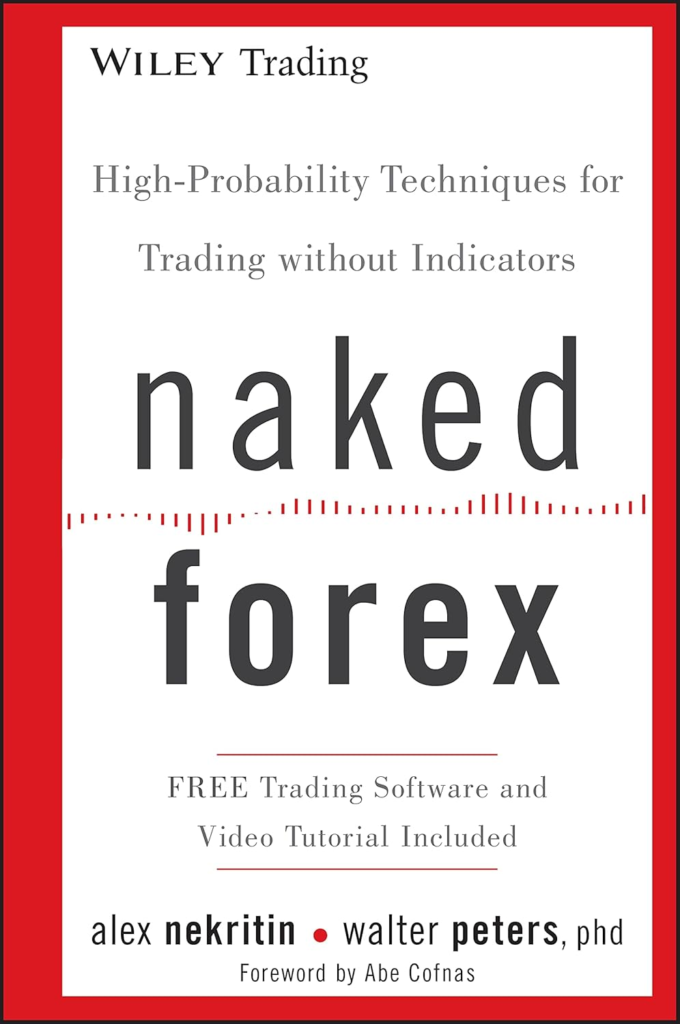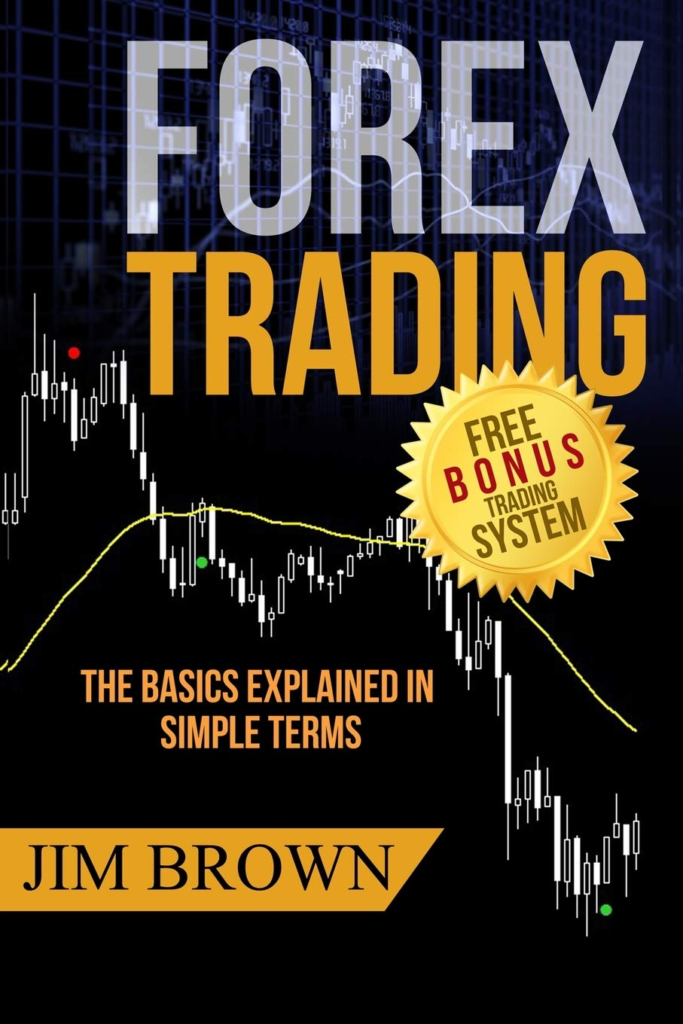Fintech, a portmanteau of ‘financial technology,’ refers to the innovative integration of technology within the financial services industry. It embodies a wide range of applications that streamline, enhance, and democratize financial transactions and services. The emergence of fintech can be traced back to the early 21st century, with significant growth influenced by advancements in technology and changes in market dynamics. Today, it includes mobile payment apps, blockchain technology, robo-advisors, and peer-to-peer lending platforms, among other innovations.
One of the key factors propelling the rise of fintech is the increasing demand for more efficient, user-friendly financial solutions. Traditional banking methods often presented challenges, such as long wait times, high fees, and limited accessibility. Fintech addresses these pain points by leveraging technology to offer faster and more affordable services. For instance, mobile banking applications allow users to perform transactions from anywhere at any time, significantly improving accessibility and convenience.
The role of technology companies in the evolution of fintech is significant. Established tech giants and startups alike have entered the financial services space, bringing with them a fresh perspective and innovative strategies. These companies employ data analytics, artificial intelligence, and machine learning to provide tailored financial solutions that enhance customer experience and promote financial literacy. Furthermore, by utilizing cloud computing, fintech companies are able to scale operations and manage data efficiently, making it easier to adapt to changing regulatory environments and consumer preferences.
Overall, fintech serves as a transformative force, bridging the gap between traditional finance and modern financial services. By fostering financial inclusion and empowering individuals with innovative tools, it has become imperative for various segments within the finance sector, including the foreign exchange (Forex) industry, to adapt and evolve in a rapidly changing landscape. This evolution not only benefits consumers but also encourages greater competition and innovation across the financial ecosystem.
(Purchase today by clicking on the image)
The Evolution of the Forex Industry Through Fintech
The foreign exchange (forex) industry has undergone significant transformation with the advent of financial technology, or fintech. Traditionally, forex trading was characterized by a complex structure, including numerous brokers and substantial entry barriers that often deterred individual traders. The landscape, however, has shifted dramatically due to innovative fintech solutions that have fundamentally altered the trading environment.
One of the most notable changes is the reduction in costs associated with forex trading. Before the rise of fintech, trading fees and commissions could be prohibitively high, making it difficult for novice traders to participate effectively. With the introduction of online trading platforms and zero-commission trading models, these costs have been minimized, facilitating wider accessibility for a broader audience. Consequently, retail traders can now engage in forex transactions with considerably lower capital requirements.
Moreover, the evolution of trading platforms has enhanced user experience and market participation. Fintech has ushered in advanced functionalities such as algorithmic trading, where software programs automatically execute trades based on predefined criteria. This innovation has not only enhanced trading efficiency but also allowed traders to capitalize on market opportunities in real-time, thus democratizing access to sophisticated trading strategies that were once the domain of institutional investors.
Mobile trading applications represent another significant fintech innovation that has reshaped the forex market. These applications enable traders to manage their portfolios on-the-go, offering instant access to market data and trading capabilities through their smartphones. As a result, the forex market has become more dynamic and reactive to geopolitical and economic events, amplifying its global reach. A prime example of this transformation can be seen in the popularity of forex broker platforms that integrate social trading features, enabling individuals to follow and emulate the strategies of successful traders.
This evolving narrative illustrates how fintech has not only reduced entry barriers into the forex market, but has also created a more inclusive, efficient, and technologically adept trading environment. Each of these advancements has collectively contributed to the modernization of the forex industry, maximizing opportunities for traders worldwide.
Advantages of Fintech in Forex Trading
The integration of fintech into the forex trading landscape has significantly reshaped the way transactions are conducted and has introduced various advantages that benefit traders and investors alike. One of the most notable benefits is the improved efficiency and speed of transactions. With the advent of advanced trading platforms and technologies, forex trades can now be executed almost instantaneously. This rapid execution minimizes the potential for errors and reduces the time it takes to capitalize on market movements, allowing traders to respond quickly to price fluctuations.
Another key advantage of fintech in the forex arena is the enhanced accessibility it offers to retail traders. Previously, access to the forex market was mainly limited to institutional traders or those with substantial capital. Today, the proliferation of user-friendly trading apps and platforms has democratized access, enabling individuals to engage in forex trading with lower capital requirements. This accessibility has led to a significant increase in market participation, broadening the demographic of traders and making forex trading a viable option for a larger audience.
In addition, fintech has introduced advanced analytics tools that provide traders with valuable insights and data-driven decision-making capabilities. These analytics platforms analyze market trends, sentiment, and historical data, empowering traders to make informed choices. Furthermore, the incorporation of risk management tools enables traders to set limits and manage their exposure effectively, ultimately helping to mitigate potential losses.
Overall, the infusion of fintech into the forex trading sector has not only streamlined transactions and provided extensive analytical resources but also has made trading more accessible to the average person. As a result, the forex market has become a more inclusive space, allowing a diverse range of participants to take part in global currency trading activities.
Challenges and Risks of Fintech in Forex Trading
The integration of fintech in the forex industry, while offering numerous advantages, also presents significant challenges and risks that stakeholders must navigate carefully. One of the primary concerns is regulatory compliance. As financial technologies continue to evolve, regulators face difficulties in keeping pace, leading to potential gaps in oversight. Forex trading firms and fintech companies must ensure they adhere to the varying regulations imposed by different jurisdictions, which can be complex and ever-changing. Non-compliance may result in substantial fines, reputational damage, and loss of customer trust.
Another critical risk associated with fintech in forex trading is cybersecurity. With the increased use of digital platforms and online trading systems, the threat of cyberattacks has become a prominent concern. Traders and firms must be vigilant against hacking attempts, phishing attacks, and data breaches that can compromise sensitive financial information. Implementing robust cybersecurity measures and maintaining up-to-date security protocols is essential to safeguard against these threats.
Moreover, the rise of algorithmic trading powered by fintech solutions introduces an additional layer of volatility to forex markets. High-frequency trading algorithms can react to market changes at speeds unattainable by human traders, potentially leading to sudden price fluctuations. This can create an unstable trading environment, where market dynamics are influenced by automated systems rather than traditional economic indicators, heightening the risk for investors.
Amidst these challenges, the importance of investor education cannot be overstated. With the forex industry increasingly dominated by sophisticated technology, it is paramount for traders to understand the tools and risks associated with fintech innovations. Stakeholders, including brokers and educational platforms, should prioritize providing resources and training to ensure that investors are equipped with the knowledge to navigate this evolving landscape effectively.
By recognizing and addressing these challenges, stakeholders in the forex market can capitalize on the benefits offered by fintech while mitigating associated risks. Ongoing dialogue between regulators, industry players, and educators will be vital in fostering a secure and stable trading environment.
(Purchase today by clicking on the image)






